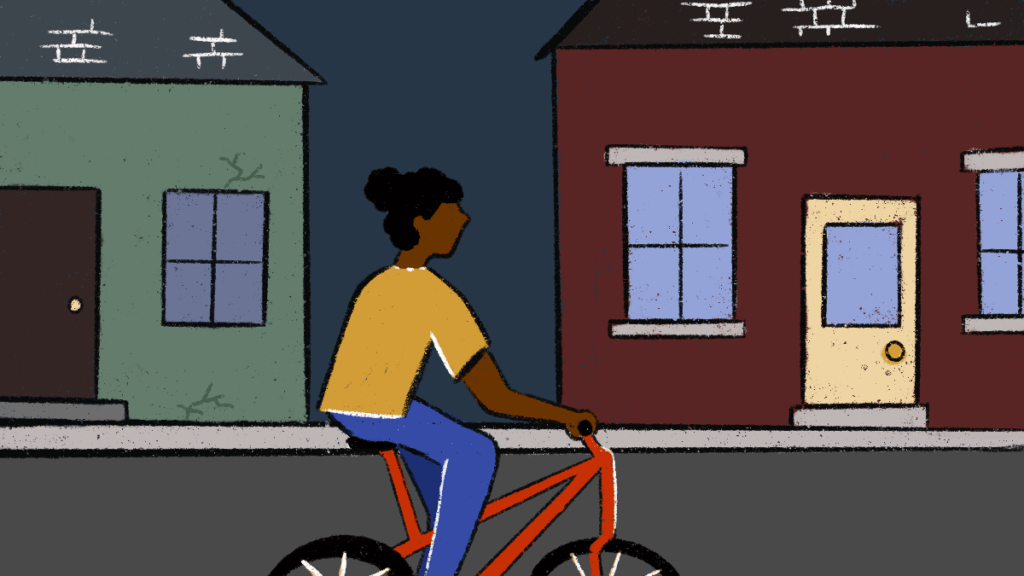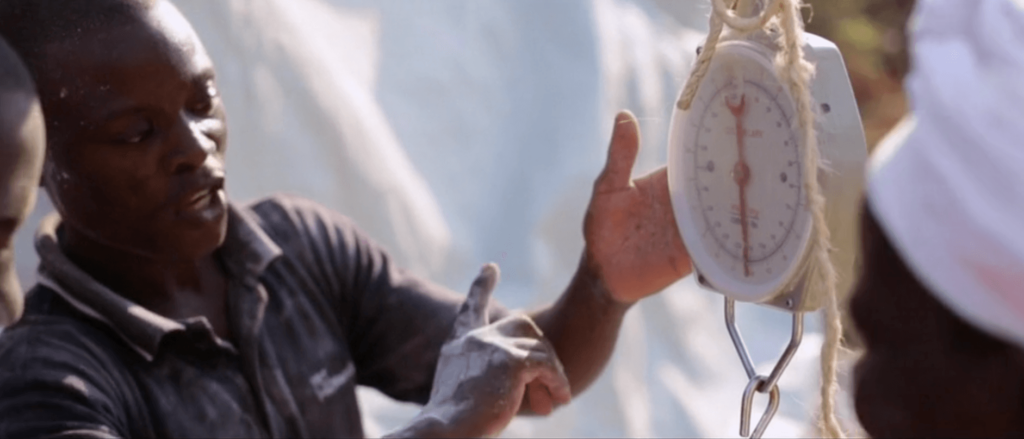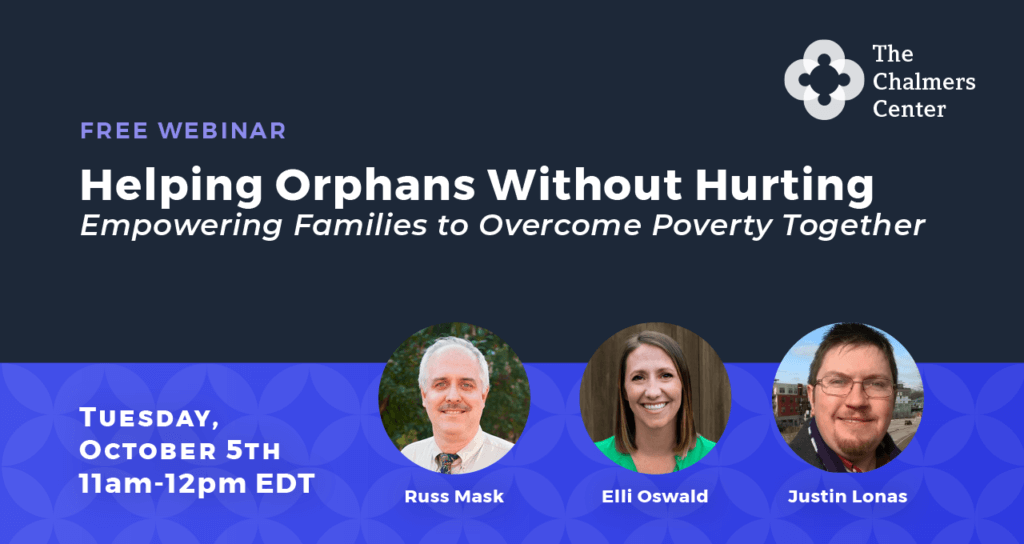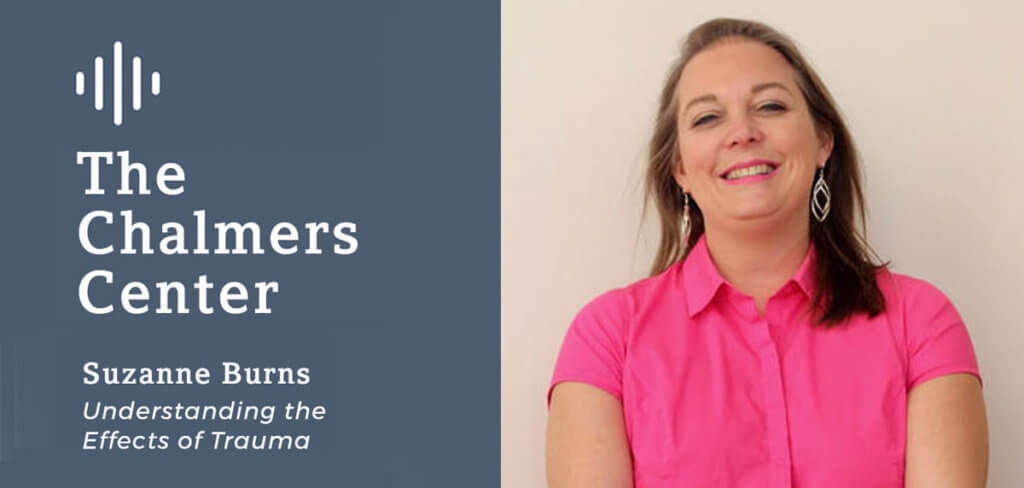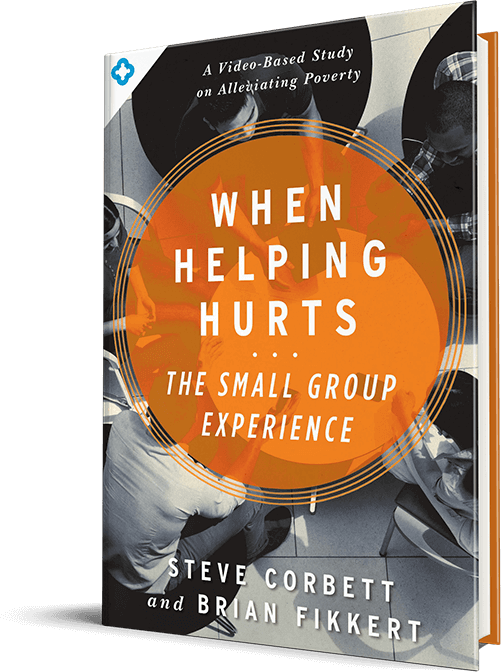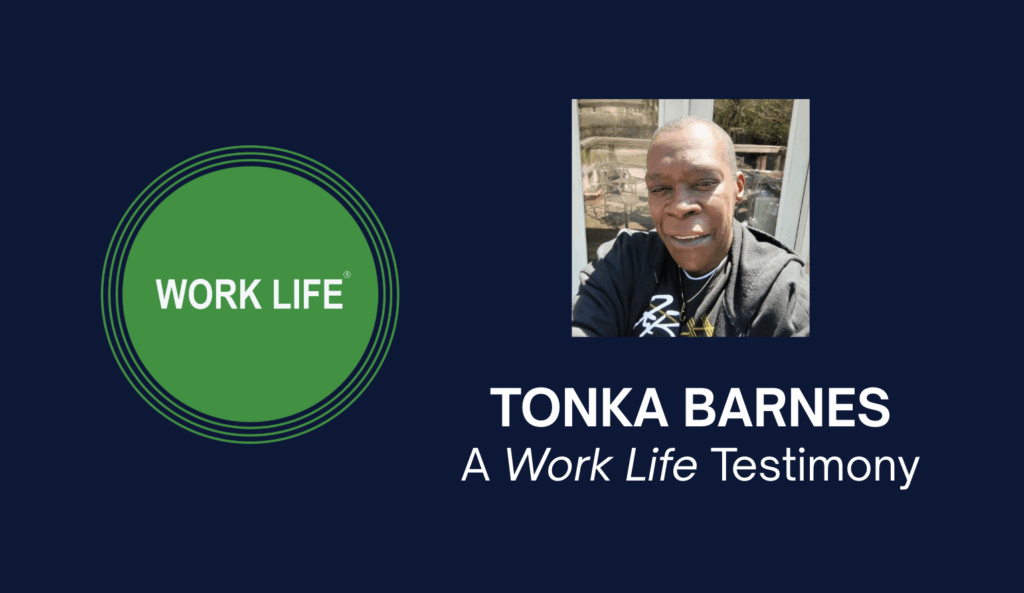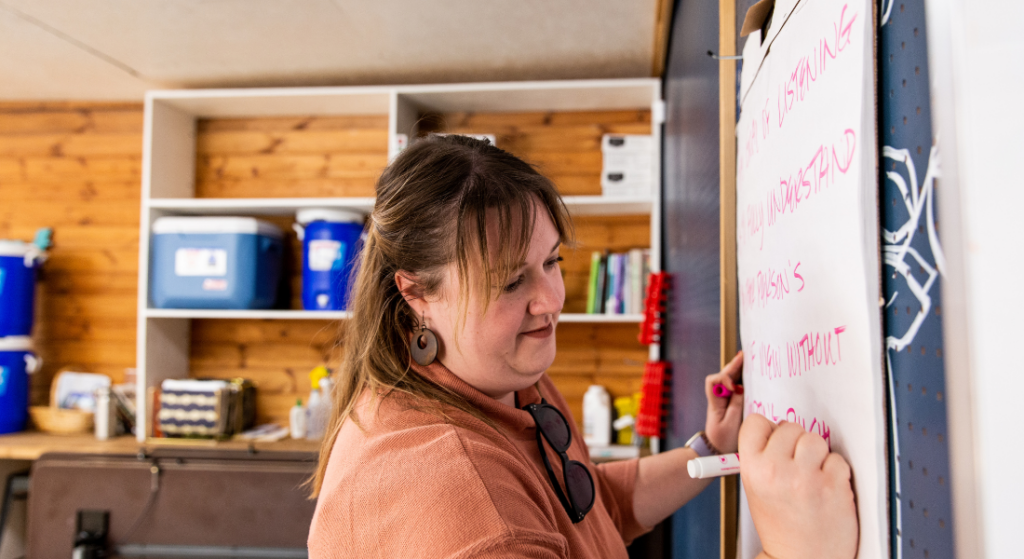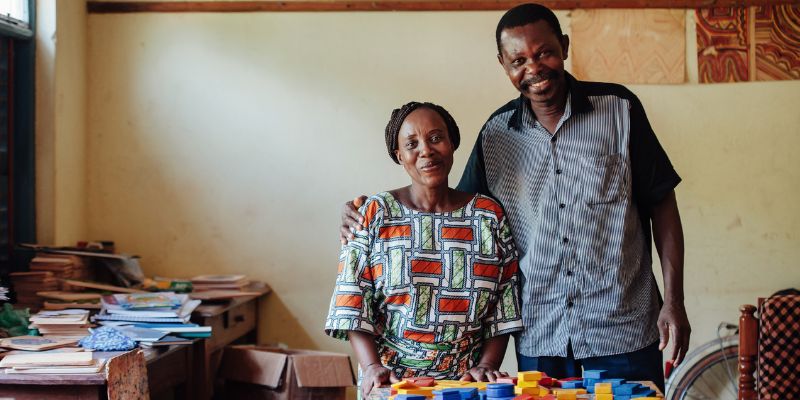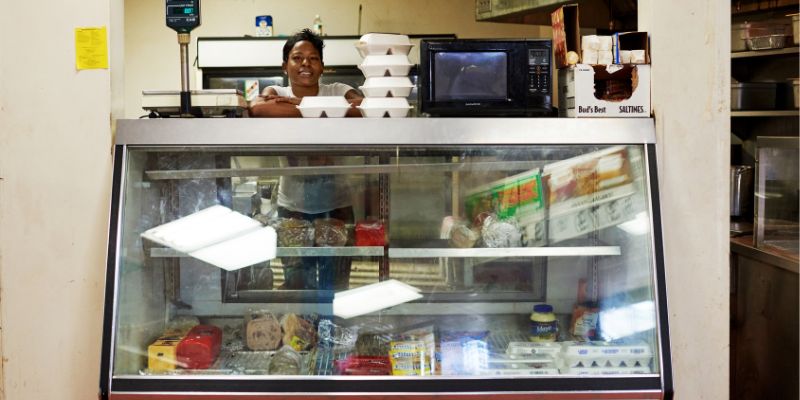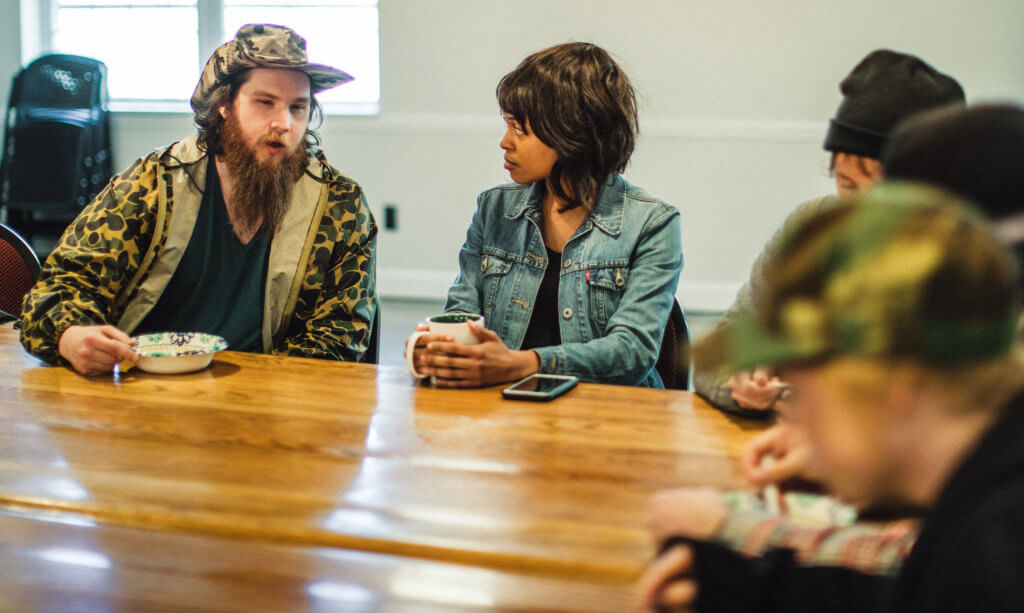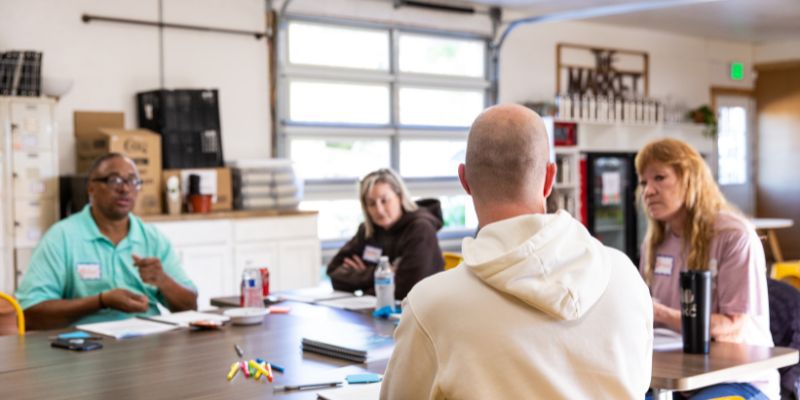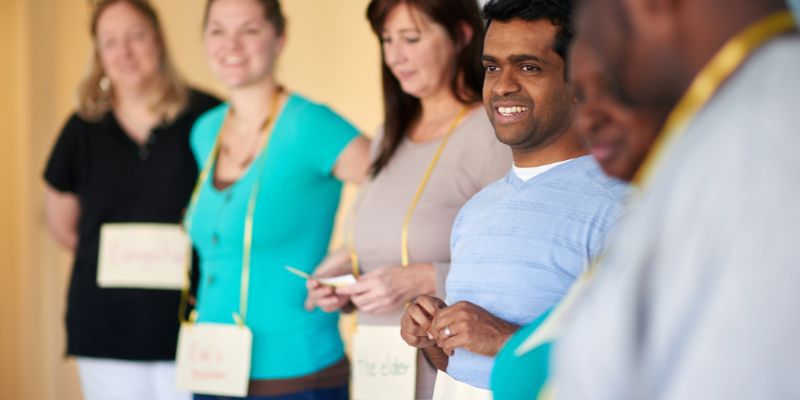Search results for: PEGACPSA23V1 Dumps Torrent 🥥 Test PEGACPSA23V1 Engine Version ⚗ Best PEGACPSA23V1 Preparation Materials ⏬ Search for 《 PEGACPSA23V1 》 on 【 www.pdfvce.com 】 immediately to obtain a free download 🍏Dumps PEGACPSA23V1 Reviews
Racial Injustice and Broken Systems
If we want to truly love our neighbors, we need to recognize the ways that our neighborhood might be contributing to their plight. Broken people make broken systems, and these broken systems inflict more pain and brokenness on individuals. How can churches address broken systems here and now?
Read MoreInnovate Bonuses
3 Secrets to Building Your Innovate Team Download our team building quick start guide so you can build a team of people to go through Innovate with you. Download your FREE guide! 3 Keys to Build Meaningful Relationships with Stakeholders Learn how to build meaningful relationships with the people you’re designing with. Download your FREE…
Read MoreVideo: Participation *Is* Development
Getting everyone involved in a ministry initiative isn’t just a means to sustainability, but the heart of healthy, transformational development. Researchers and practitioners have found that meaningful inclusion of materially poor people in the selection, design, implementation, and evaluation of any poverty alleviation effort increases the likelihood of its success. Unfortunately, we often pursue approaches…
Read MoreFree Webinar: Helping International Orphans Without Hurting
Caring for orphans and vulnerable children is a foundational way the church expresses Christ’s love to the world (James 1:27). How we seek to help them makes a world of difference. Empowering families through household economic development can help us do this well over the long haul, strengthening families, churches, and communities to address the…
Read MoreUnderstanding the Effects of Trauma
Trauma is often caused by and contributes to material poverty. As we walk alongside materially poor people, how can we be more aware of trauma they may have experienced?
Read MoreWhen Helping Hurts: The Small Group Experience
When Helping Hurts: The Small Group Experience Explore the principles of When Helping Hurts with your small group or Sunday school class. Get the Book Watch Free Videos Equip your congregation and ministry networks to help without hurting Six study units with free online video lessons Discussion questions, application exercises, and materials for further learning Equip your…
Read MoreGet Your Free Copy of Becoming Whole!
Get your free copy of Becoming Whole! Fill out your information below to get your free book. Please allow 7-10 days for delivery.
Read MoreOpening Doors to Hope: Tonka’s Story and the Power of Work Life
In a world where “getting a job” is both vital to survival and difficult to achieve, job readiness programs often feel transactional. This is exactly where Chalmers’ Work Life program stands apart. It weaves faith, character, and community into every lesson–offering more than just skills but also hope.
Read MoreDon’t Reinvent the Wheel: Learning From Others in Ministry Design
Over the years, I’ve had conversations with hundreds of ministry leaders who reflect on how, in the early years of their work with the materially poor, they did as much harm as good.
Read MoreHolistic Approaches to Development
Material poverty is complex, and not reducible to a single cause. Healthy, sustainable poverty alleviation ministries need to address all five root causes of material poverty—Individual brokenness, Systemic brokenness, false stories of change, broken and destructive formative practices, and demonic forces. Over the last few weeks, we’ve looked at Ministry Design Principles that contribute to the kingdom community and to God’s story of change, and today we continue examining principles that equip us to replace destructive formative practices. We seek to evaluate and replace our existing practices in favor of those that empower and equip our communities.
Read MoreThe Complexities of Unemployment and Underemployment
What happens when someone wants work but can’t find it? What happens when “the one who has been stealing” wants to do “something useful with their own hands, that they may have something to share with those in need” (Eph. 4:28), but can’t get a job? What happens when they find work, but it is so temporary, unsteady, or poorly paid that they can’t even get off government assistance, much less have something left over to share?
Read MoreFacilitation as Reconciliation: Adult Education and Poverty Alleviation
Many poverty alleviation ministries include some type of training for their participants. Of course ministries would want to provide instruction in skills and habits that lead to long-term growth out of material poverty! But we have to be careful—a lecture-based teaching style in which the teacher tries to pour content into students’ brains is not only ineffective but can be harmful in the space of poverty alleviation.
Read MoreListening and Learning
When you prioritize listening to people you hope to serve, you’ll discover that there is a lot going on in every community already. You’ll see that God really is at work, and people really do have good ideas of what they want for their families and their future.
Read MoreHow to Best Help COVID Orphans
One million children worldwide have lost a primary or secondary caregiver during the COVID-19 pandemic. What can Christians do?
Read MoreWhy Talk About Work?
Work is good. It is the most effective way to provide for our material needs, but also provides ways for us to interact with the world around us and contribute to our community. How can we creatively shift our ministries to help people discover their God-given capacity for meaningful work?
Read MoreBuilding Community on Tiny Screens?
“Are you going to adapt the 12-week Faith & Finances class into a virtual format that we can offer our participants?” In light of the coronavirus pandemic, the Chalmers staff have been asked this question a number of times over the past few months. Man, we get it. We’ve all had to scramble to pivot…
Read MoreFinancial Education with Kingdom Goals
Jerilyn Sanders has been the Director of U.S. Training at the Chalmers Center for over 10 years. Her work combines two things: her love for God’s people and her passion for education that empowers the disenfranchised. In 2011, Sanders was part of the team that created and rolled out Faith & Finances, a financial education curriculum that’s a tool for holistic community ministry. She answered a few questions to share more about her work and the ways Faith & Finances is helping churches and ministries love their low-income neighbors well.
Read MoreHow to Build Developmental Classes that Actually Work
If we’re going to pursue relational poverty alleviation ministry that aims toward long-term development, one of the main outcomes we’re looking for from ministry participants is learning. We want to see the people we’re walking with learn new skills, rediscover their dignity, and grow in their capacity to navigate the complexities of life.
Read More

